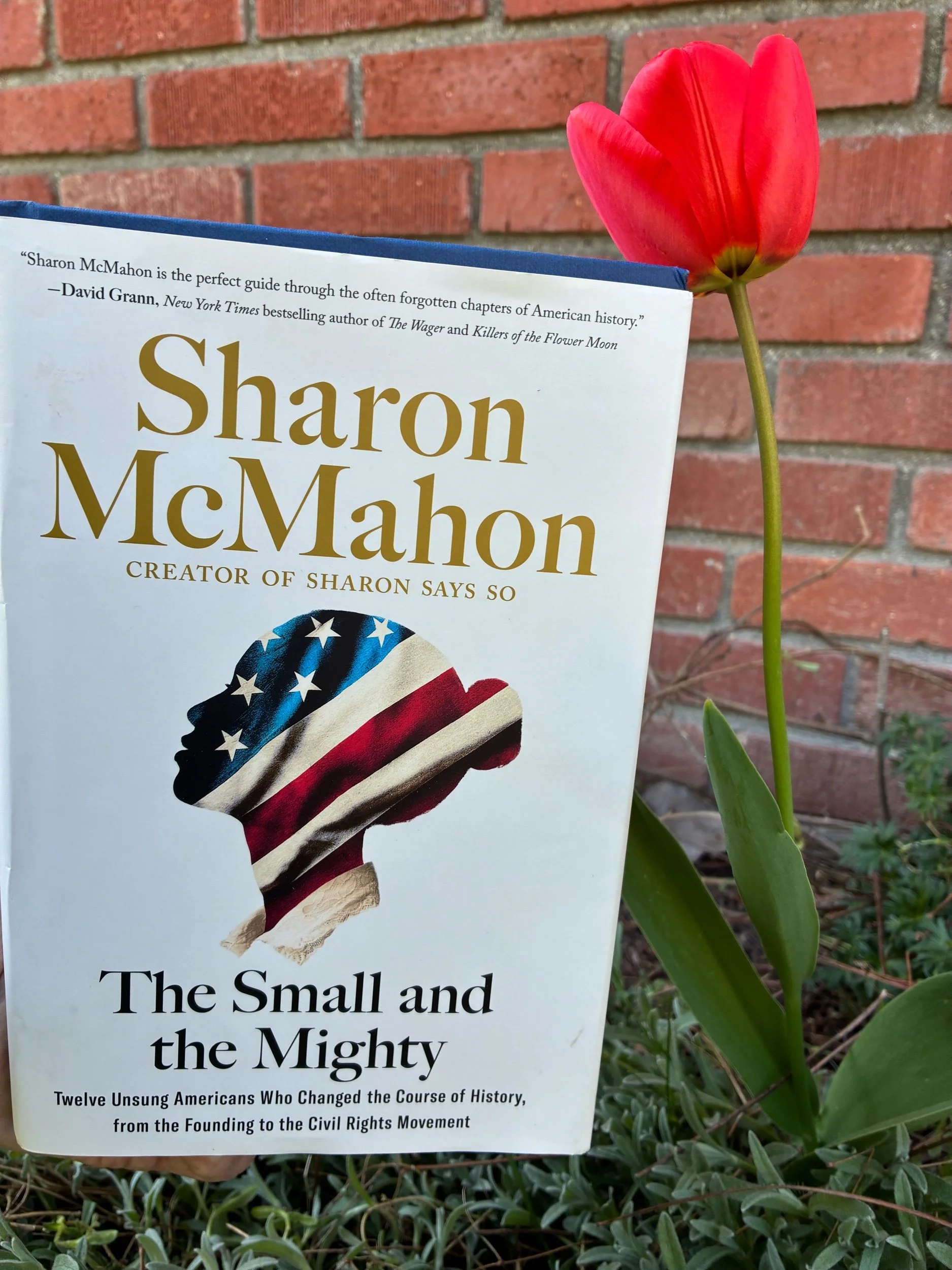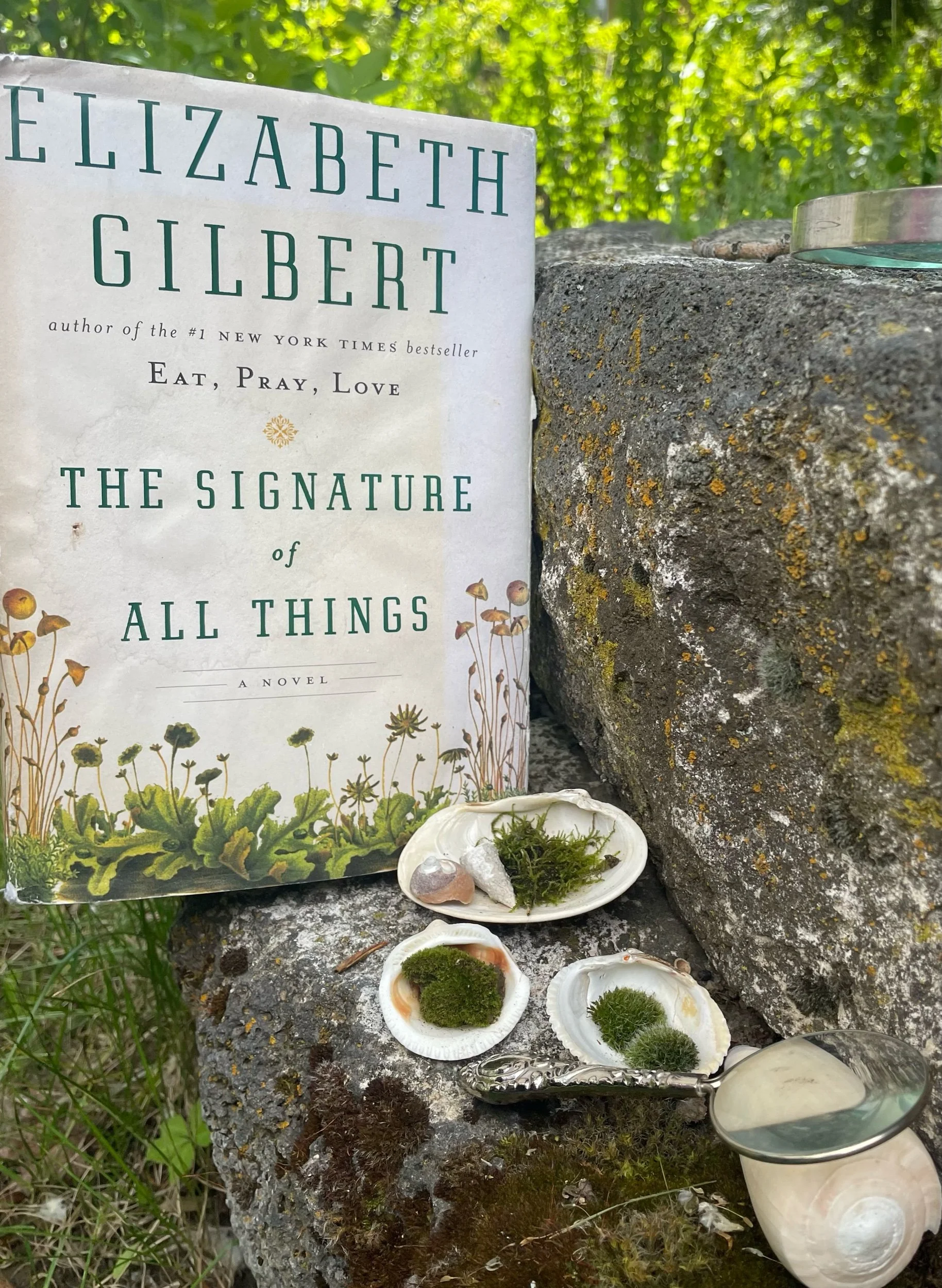Tell Me Everything
Elizabeth Strout has done it again. For those who know and love Olive Kitteridge (of Olive Kitteridge and Olive Again) and Lucy Barton (of My Name is Lucy Barton, Oh William!, Anything is Possible, and Lucy by the Sea, previously reviewed here), her two most famous heroines, Tell Me Everything (2024) is a dream as the two characters connect. Olive Kitteridge is now ninety and Lucy Barton lives in the same quiet town in coastal Maine as the cantankerous Olive. Their mutual friend, Bob Burgess (of Lucy by the Sea and The Burgess Brothers), connects the two Strout heroines. Their relationship frames the action in Strout’s most recent novel, but it does not take center stage. Rather, Bob Burgess is the heart of this short novel. In Tell Me Everything, Strout explores the simplicity of genuine human connection and its power to transform lives and perspectives. At the same time, Tell Me Everything’s mature cast of characters provoke questions for the reader about the nature and value of various forms of love.
The intersections of the lives in Tell Me Everything is both touching and tragic. Olive and Lucy recount stories to one another while Bob experiences his own version of story-gathering; all the while, Lucy—the writer— repeats the line “the lives people live.” As the novel progresses, Olive and Lucy develop a friendship of sorts based on sharing stories (perhaps the most reliable form of human connection). Olive tells stories about unexpected moments and tragedies. Lucy, on the other hand, is drawn to “stories of loneliness and love [. . . a]nd the small connections we make in this world if we are lucky” (131). Their growing relationship is heartwarming, even if it abounds with awkwardness and prickles (as anyone who knows Lucy and Olive would expect it to be).
Bob Burgess grapples with big questions as he gradually retires from a successful career as a defense attorney to embrace his golden years. His life is a quiet one living in the small coastal town, connecting with friends like Olive and Lucy. His biggest rebellion is the snuck cigarette he enjoys on his walks with Lucy. It is a childish game to hide his minimal smoking from his wife, but it communicates a disconnection. Bob’s life is framed by tragedy: the premature death of his father, for which he has always taken credit, and loss continues to haunt his story in Tell Me Everything. Indeed, themes of grief and guilt meander through Bob’s story. He finds connection in an unlikely place: his final client, a strange and reclusive middle-aged man, who finds himself as a primary suspect in the death of his elderly mother. Bob’s kindness and consistent dependability make him a delightful and inspiring character, although like all of us Bob Burgess has his flaws.
So much of this book is about love: the love of parents for children, friends for one another, and, of course, romantic love born out of attraction. Strout’s mature look at love may leave some readers feeling let down or perplexed. Is all love, in fact, the same in its impact of one’s life, we may ask, as the novel concludes. It is a compelling question and one each reader must answer for herself. Is romantic love superior to plutonic love? Many modern narratives suggest it is, but in contemporary western culture we seem to privilege romantic love over all its other forms. The Greeks differentiated forms with terms eros (romantic love), philia (love between friends, based on mutual admiration), agape (love without external reward), and storge (love of parent for child, and child for parent). These linguistic distinctions provide a structure through which to consider various forms of love, its motivation and expectation; some forms of love are transactional while agape is simply love of all things without expectation of an exchange. Strout’s novel forces readers to pause, to question the veracity of the sentiment, as one character puts it, “if it is love, then it is love” (326). It is a worthwhile subject on which to meditate; perhaps the most worthwhile of all.
In sum, Strout’s new novel is delightful. I highly recommend it for any reader—whether a longtime fan of Olive and Lucy, or not—Tell Me Everything will warm your world for a spell. Through the neighbor-next-door characters, with their flaws and foibles, readers can ponder some of life’s big questions about aging, love, and human connection. Like all Strout’s books, Tell Me Everything challenges its readers to come in, sit, and share a story or two, and walk away more equipped and confident to be a good human.
Bibliography:
Strout, Elizabeth. Tell Me Everything. Random House: New York, 2024.
A Few Great Passages:
“‘All these unrecorded lives, and people just live them’” (21).
“We like to think that our lives are within our control, but they may not be completely so. We are necessarily influenced by those who have come before us” (26).
“That Bob had spoken those words to her remained a thumbprint pressed deeply into his soul of real sorrow and regret” (45).
“It may be that not enough is said about this sort of thing, older people and how much they might appreciate the touch of another human being. [. . .] Somehow they existed without it, many people do. Yet one has to wonder about the toll it takes, the lack of being touched or held. So many people are not” (156).
“‘I think that we are all standing on shifting sand.’ She did not look at him as she spoke. ‘I mean, we don't ever really know another person. And so we make them up according to when they came into our lives’” (194).
“People suffer. They live, they have hope, they even have love, and they still suffer. Everyone does. Those who think they've not suffered are lying to themselves” (315).
“Love comes in so many different forms, but it is always love. If it is love, then it is love” (326).






